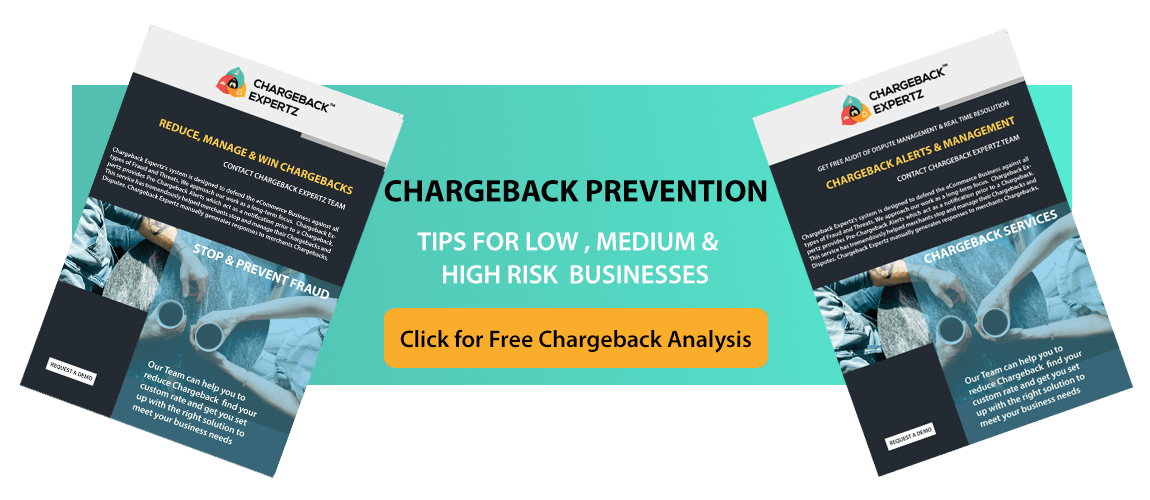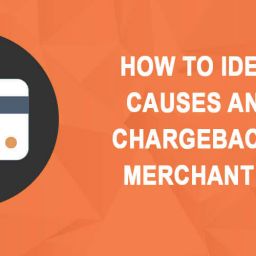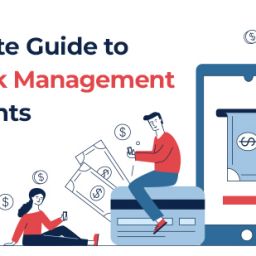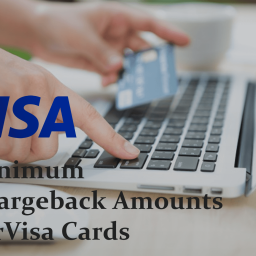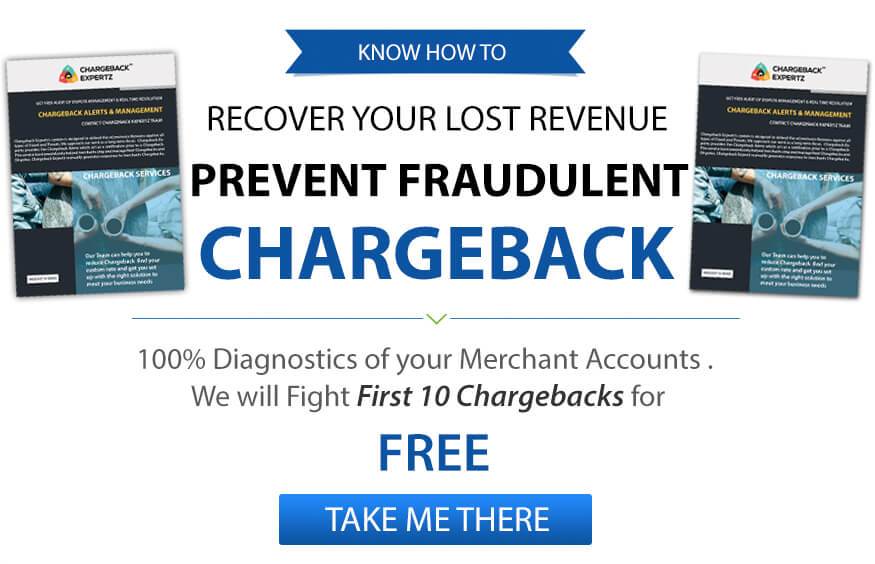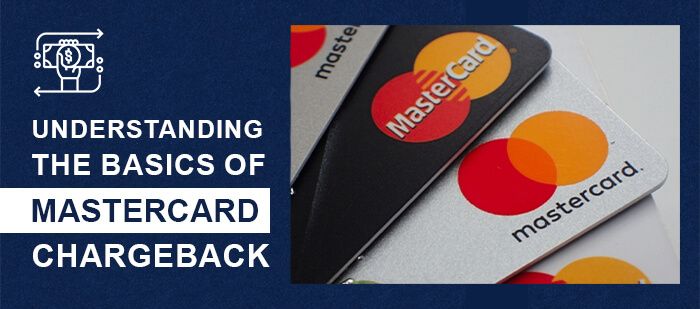
Mastercard Chargeback is a term that is often heard in the world of credit card payments and transactions. However, it can be a complex concept for merchants and consumers to fully understand. In simple terms, it is a process through which a cardholder disputes a transaction on their Mastercard and requests a refund from the merchant. In this blog post, we will delve into the basics of Mastercard Chargeback and how it works, so you can have a better understanding of this important aspect of credit card processing.
What is a Mastercard Chargeback? Definition and Basics
A Mastercard Chargeback is a process that allows cardholders to dispute a transaction and request a refund from the merchant. Essentially, it serves as a safeguard for consumers who encounter issues with their purchases. When a cardholder initiates a chargeback, they provide evidence to support their claim, such as fraudulent activity or receiving an item that was not as described. This process helps protect consumers from unauthorized charges or unsatisfactory purchases. It’s important for both merchants and consumers to understand the basics of Mastercard Chargebacks, as it plays a significant role in credit card transactions.
Some Related Blogs
- Digital Risk Protection: Guard Against Online Scammers
- Level Up Your Chargeback Disputes with Social Media Clues
- Say Goodbye to Chargeback Fraud with Our Ultimate Prevention Guide
- 5 Proven Tactics to Win Chargebacks as a Merchant
Factors Affecting the Speed of Echeck Clearance
The speed of echeck clearance can be influenced by several factors. Firstly, the time it takes for an echeck to clear can vary depending on the individual bank’s policies and processing times. Some banks may have quicker processing times than others, resulting in faster echeck clearances. Additionally, the amount of the echeck can also impact the clearance time. Larger echecks may require additional verification or review, which can delay the clearance process. Furthermore, any errors or discrepancies in the echeck information, such as incorrect account or routing numbers, can cause delays as well. It is important to ensure that all information is accurate to avoid any unnecessary hold-ups in the clearance process.
The Importance of Mastercard Chargeback to Consumers and Merchants
Mastercard Chargeback is of great importance to both consumers and merchants. For consumers, it provides a sense of security and protection against fraudulent transactions or unsatisfactory purchases. It allows them to dispute a transaction and request a refund if they have valid reasons. On the other hand, for merchants, understanding and managing chargebacks effectively is crucial for maintaining their reputation and avoiding financial losses. By recognizing the significance of Mastercard Chargeback, both consumers and merchants can navigate the world of credit card transactions with confidence and peace of mind.
Understanding the Mastercard Chargeback Process
The Mastercard Chargeback process is a well-defined series of steps that occurs when a cardholder disputes a transaction. After the cardholder initiates the chargeback, the merchant is notified and given the opportunity to provide evidence in their defense.
![]()
Email us anytime!
Email customer service 24/7
![]()
Call us anytime!
Reach customer care 24/7 at +1 (888) 901-8653
The card issuer then reviews the evidence from both parties and makes a final decision on the chargeback. This process aims to ensure fairness and transparency in resolving transaction disputes. Understanding the Mastercard Chargeback process is crucial for both consumers and merchants to navigate credit card transactions effectively.
Common Reasons for Initiating a Mastercard Chargeback
There are several common reasons why a cardholder may initiate a Mastercard Chargeback. One of the main reasons is fraud, where the cardholder discovers unauthorized charges on their card statement. Another reason is receiving damaged or defective goods that were not as described by the merchant. Additionally, customers may dispute a transaction if they did not receive the item they purchased or if they were charged multiple times for the same transaction. It’s important for merchants to be aware of these common reasons for chargebacks and take necessary steps to prevent them.
The Impact of Chargebacks on Merchants
Chargebacks can have a significant impact on merchants. When a chargeback occurs, the merchant not only loses the sale but also faces additional fees and penalties imposed by the payment processor. This can result in financial losses, damage to reputation, and increased scrutiny from the payment processing industry. Merchants may also be required to provide evidence and documentation to dispute chargebacks, which can be time-consuming and resource-intensive. It’s crucial for merchants to have systems in place to minimize chargebacks and effectively manage them when they do occur.
Tips for Preventing Mastercard Chargebacks as a Merchant
As a merchant, there are several steps you can take to prevent Mastercard chargebacks. First and foremost, ensure that your customer service is top-notch. Respond to customer inquiries and concerns promptly, and make sure your contact information is easily accessible. Additionally, be transparent with your product descriptions and pricing, so customers know exactly what they are purchasing. It’s also important to have a secure payment processing system in place to prevent fraudulent transactions. Lastly, keep detailed records of all transactions and shipping information, as this can help resolve any disputes that may arise. By following these tips, you can minimize the risk of chargebacks and provide a positive customer experience.

